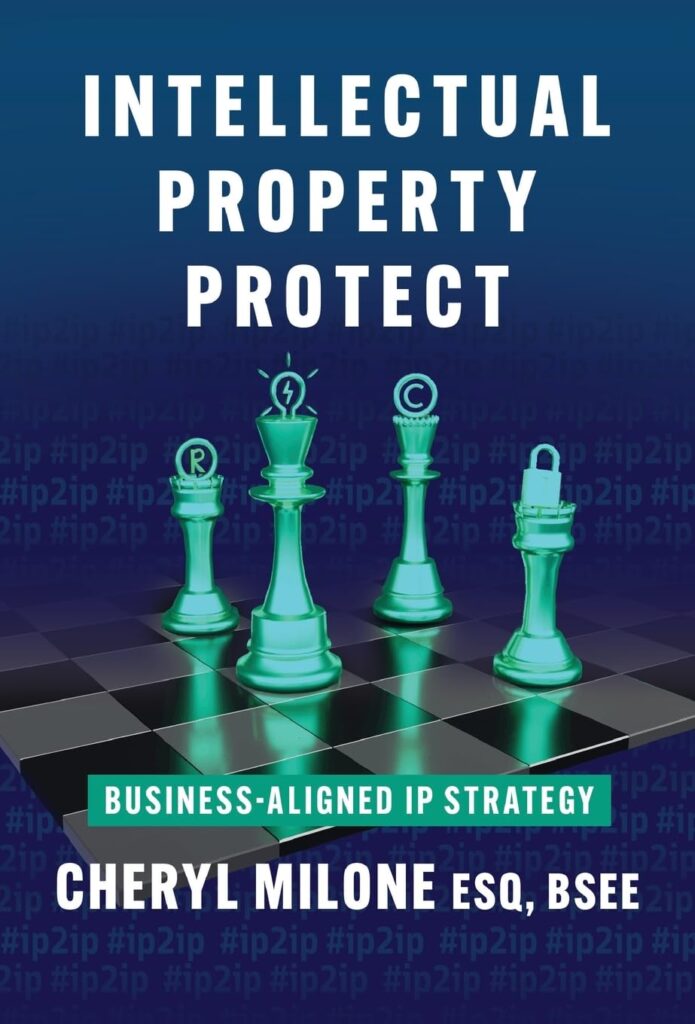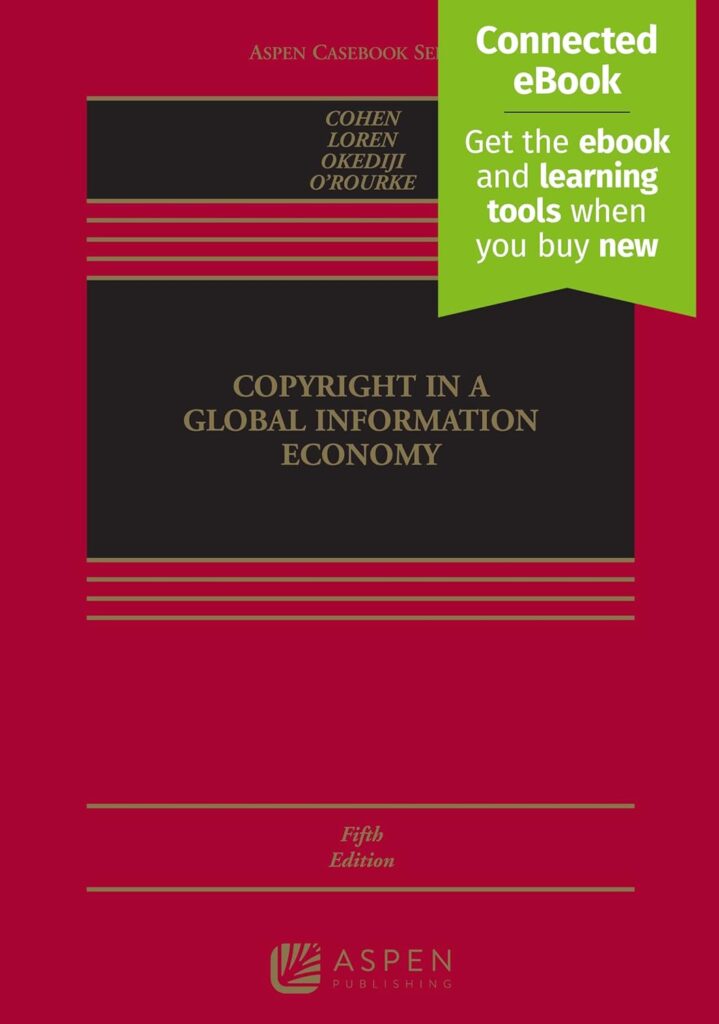Jack Dorsey & Elon Musk Challenge Intellectual Property Laws: The Future of AI, Creativity, and IP
About Intellectual Property Laws, two heavyweights are talking interesting things, let’s share with you inside news:
In a surprising Twitter (X) exchange over the weekend, Jack Dorsey, co-founder of Twitter (now X) and Square (now Block), made waves by calling for the end of intellectual property law. With a minimalist post stating, “delete all Intellectual Property Laws” Dorsey ignited a heated debate among tech leaders and creators alike.
Elon Musk, the current owner of X, promptly replied: “I agree.”
But what prompted these bold statements remains unclear.
The stance comes amidst a rising tide of lawsuits against AI companies like OpenAI—co-founded by Musk—accused of violating copyright to train their models. This ongoing conflict between creators, intellectual property laws, and artificial intelligence sets the backdrop for their remarks.
Mixed Reactions from the Tech and Creative Communities
Dorsey’s post drew support and skepticism from across social media
Tech evangelist Chris Messina expressed partial agreement, arguing, “Automated Intellectual Property Laws fines. 3-strike rules for Intellectual Property infringement may become the substitute for putting poor people in jail for cannabis possession.” For him, Dorsey’s point appears to be tied to reimagining how intellectual property infringement is handled in an Intellectual Property Laws -driven world.
On the other hand, creators and advocates raised concerns, seeing this as a threat to artists and innovators.
Ed Newton-Rex, founder of Fairly Trained, a nonprofit certifying ethical Intellectual Property Laws training practices, described the Dorsey-Musk exchange as “Tech execs declaring all-out war on creators who don’t want their life’s work pillaged for profit.”
Lincoln Michel, a writer, criticized Dorsey and Musk’s position, bluntly stating, “None of Jack or Elon’s companies would exist without Intellectual Property Laws,” adding, “They just hate artists.”
However, Dorsey continued to defend his perspective in replies, arguing that current Intellectual Property Laws systems favor gatekeepers and prevent fair compensation for creators. “There are much greater models to pay creators. The current ones take way too much from them and only rent-seek,” he claimed.
This sentiment clashed with comments from attorney Nicole Shanahan, who responded to Dorsey with an emphatic “NO.” She insisted, “Intellectual Property Laws law is the only thing separating human creations from AI creations.” Dorsey retorted, saying creativity alone separates humanity and Intellectual Property Laws, and current systems burden creators by empowering intermediaries who don’t disburse payments fairly.
Dorsey and Musk’s History with Intellectual Property Laws
Elon Musk’s dismissive view of intellectual property isn’t new. He’s previously remarked in an interview with Jay Leno that “patents are for the weak” and vowed in 2014 not to enforce Tesla’s patents against competing firms using them “in good faith.” Yet, Tesla hasn’t entirely avoided patent disputes, as evidenced by its lawsuit against Australia’s Cap-XX—a countersuit to an initial complaint by the company.
Meanwhile, Dorsey has shown interest in open-source projects, including spearheading Bluesky, an alternative decentralized social media platform. Following his resignation from Bluesky’s board, its CEO Jay Graber remarked that Dorsey’s departure helped the project shed its image as “a billionaire’s side project.”
What This Could Mean for Policy and the Tech World
While the exchange may seem like a casual conversation on Twitter (X), such remarks from influential figures like Musk and Dorsey can ripple through corporate strategies and even influence government policies. Musk, for instance, had direct involvement in the Trump administration and leads initiatives that often blur the lines between memes and governance.
The debate around intellectual property laws comes at a pivotal time for both technology and the creative sectors. As Intellectual Property Laws rapid growth sparks ethical dilemmas over training data and copyright, this discussion could shape future approaches to balancing corporate innovation and individual creators’ rights.
Our Conclusion
Jack Dorsey and Elon Musk’s stance on intellectual property laws has stirred debate across industries. Their critique of IP systems highlights growing tensions between tech leaders, Intellectual Property Laws development, and creators seeking protection over their work. Whether this leads to reforms or deeper divides, it’s clear that IP law reform will remain at the forefront of technological and legal challenges in an AI-driven era.
references
– Source of Tweets: Jack Dorsey and Elon Musk’s official Twitter/X accounts.
– Intellectual Property Law and AI Lawsuit Info from The Verge, TechCrunch, Reuters.
-Dorsey’s connection with Bluesky*: Public statements from Bluesky’s CEO or any credible report on Bluesky.
– Historical context of Musk’s stance on patents: Tesla’s blog post announcing the “patent giveaway”.
-Make sure to display these references either in the description or as on-screen text during your video (e.g., “Source: Jack Dorsey’s tweet…” Via TechCrunch
Recommended Books on "Intellectual Property Laws"

Intellectual Property Protect: Business-Aligned IP Strategy Hardcover – March 5, 2024 by Cheryl Milone (Author)
In Intellectual Property Protect, Cheryl Milone provides cost-efficient intellectual property strategies that help you maximize your IP rights, manage risk, and protect your greatest assets—your innovation and its inventors and creators. Starting with a single patent filing opens the door to benefits, optimized when you align IP strategy with your business objectives. You’ll learn to execute patent and IP filings powered by a checklist and informed IP business decisions, and to apply these strategies as input to your future innovations within accelerating technologies, such as blockchain and generative artificial intelligence. Packed with expert and common-sense insights from a leading IP business strategist, attorney, entrepreneur, and inventor, IP Protect: Business-Aligned IP Strategy is the must-read playbook you need to strengthen your business and reap the rewards you deserve.

A Critical Introduction to Intellectual Property Law: Texts, Cases and Materials Critical Edition by Patrick R. Goold (Author)
This highly accessible and engaging introduction to IP law encourages readers to critically evaluate the ownership of intangible goods. The rigorous pedagogy, featuring many real-world cases, both historical and up-to-date, full colour images, discussion exercises, end-of-chapter questions and activities, allows readers to engage fully with the philosophical concepts foundational of the subject, while also enabling them to independently analyse key cases, texts and materials relevant to IP law in the contemporary world. This innovative textbook, written by one of the leading authorities on the subject, is the ideal route to a full understanding of copyright, patents, designs, trade marks, passing off, remedies and litigation for undergraduate and beginning graduate students in IP law.

The White Coat Investor: A Doctor's Guide to Personal Finance and Investing (The White Coat Investor Series) Paperback – January 9, 2014 by James M Dahle MD (Author), William J. Bernstein MD (Foreword)
Written by a practicing emergency physician, The White Coat Investor is a high-yield manual that specifically deals with the financial issues facing medical students, residents, physicians, dentists, and similar high-income professionals. Doctors are highly-educated and extensively trained at making difficult diagnoses and performing life saving procedures. However, they receive little to no training in business, personal finance, investing, insurance, taxes, estate planning, and asset protection.
This book fills in the gaps and will teach you to use your high income to escape from your student loans, provide for your family, build wealth, and stop getting ripped off by unscrupulous financial professionals. Straight talk and clear explanations allow the book to be easily digested by a novice to the subject matter yet the book also contains advanced concepts specific to physicians you won’t find in other financial books.

Copyright in a Global Information Economy [Connected eBook] (Aspen Casebook) 5th Edition by Julie E Cohen (Author), Lydia Pallas Loren (Author), Ruth L Okediji (Author), Maureen A O'Rourke (Author)
Buy a new version of this textbook and receive access to the Connected eBook on CasebookConnect, including: lifetime access to the online ebook with highlight, annotation, and search capabilities, plus an outline tool and other helpful resources.
Copyright in a Global Information Economy, Fifth Edition provides both comprehensive topic coverage and integrated treatment of doctrinal, theoretical, international, and policy questions. It seamlessly facilitates a variety of teaching styles and preferences ranging from the more theoretical to the more practice-oriented. Each section includes practice exercises that enable students to apply what they have learned and to practice skills relating to advocacy, drafting, and client counseling.
